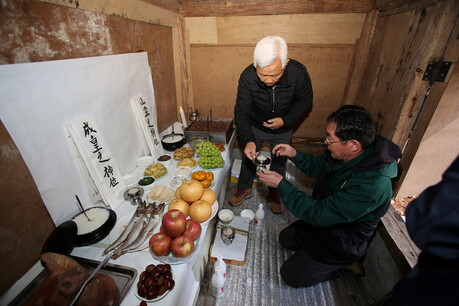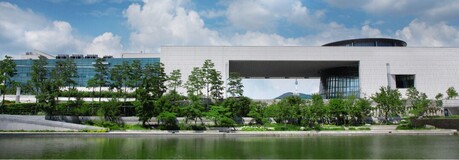A recent survey has revealed that K-pop and the Korean Wave, known as hallyu, have emerged as the top sources of national pride for South Koreans, while politics ranked at the bottom of the list. The comprehensive survey results highlight the significant cultural impact that Korean entertainment has had both domestically and internationally, reflecting how citizens view their country's global influence. The Korean Wave phenomenon, which encompasses K-pop music, Korean dramas, films, and other cultural exports, has gained tremendous momentum worldwide over the past decade. This cultural movement has not only brought international recognition to South Korea but has also become a source of immense pride for its citizens. The survey findings demonstrate the stark contrast between how Koreans perceive their cultural achievements versus their political landscape. While K-pop groups and Korean entertainment content continue to break records and gain global audiences, the political sphere appears to generate less positive sentiment among the population. The results suggest that South Koreans take particular pride in their country's soft power and cultural diplomacy, as Korean entertainment content has successfully penetrated markets across Asia, North America, Europe, and beyond. Popular streaming platforms like Netflix have contributed significantly to this global reach by featuring Korean content, helping to spread Korean culture to international audiences. The survey's findings reflect a broader trend where cultural exports have become increasingly important for national identity and international relations. The success of K-pop groups on international music charts, the global popularity of Korean dramas, and the widespread interest in Korean language and culture have all contributed to this sense of national pride. Meanwhile, the low ranking of politics in the pride survey may reflect public dissatisfaction with political processes or governance issues. This contrast between cultural achievements and political perception highlights how different sectors contribute to national identity and citizen satisfaction in varying degrees.
Latest article
- Frozen Politics, Frozen Art: Hoping for a Thaw in Korea’s Art Market Next Year
- Boom or Mirage? National Museum of Korea Debates Paid Admission Amid K-Culture Surge
- Billboard Names K-Pop as a Defining Force in 2025 Pop Culture
- Diagnosing the Global Art Market in 2025: Between Correction and Reconfiguration
- Korea Sets New Tourism Record as Inbound Visitors Hit 18.5 Million in 2025
- NFM Releases Landmark Report on Village Beliefs Across Gangwon: Which Spirits Protected These Mountain and Coastal Communities?
- Online Poster Comparing Cho Jin-woong to National Heroes Sparks Backlash
- Why Lee Byung-hun Deserves to Win the Golden Globe





























